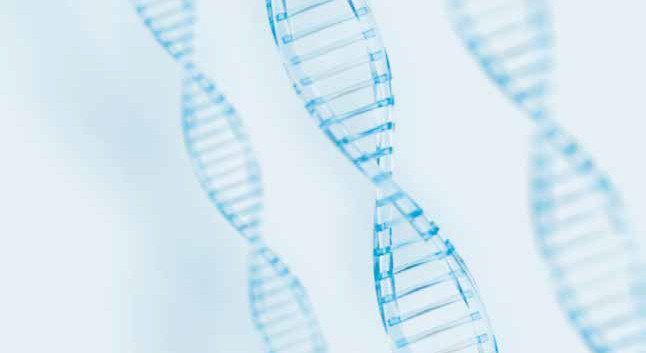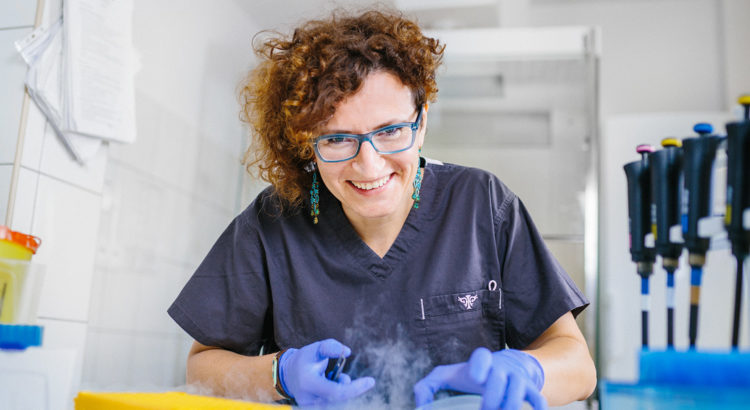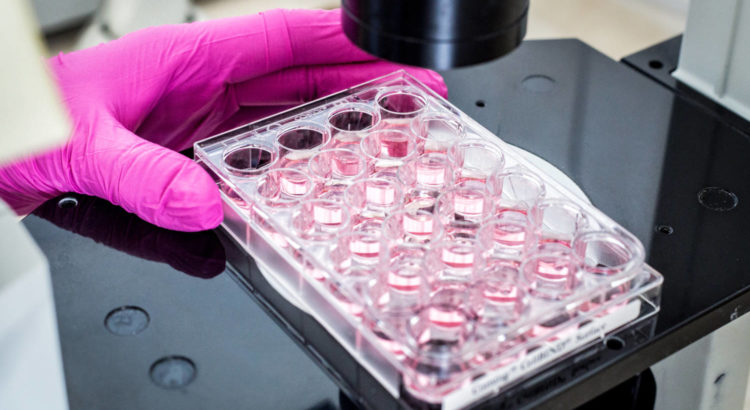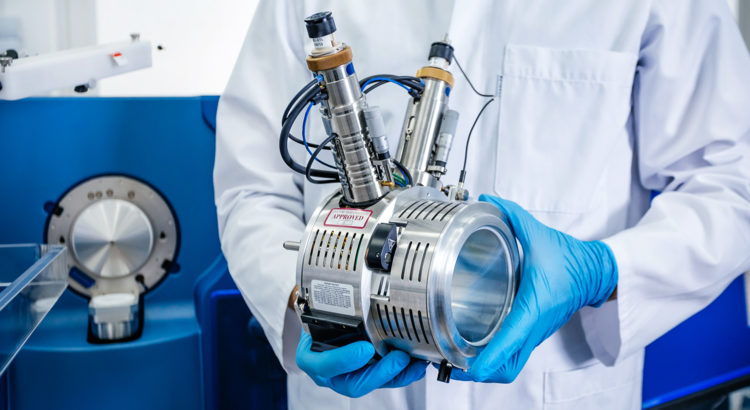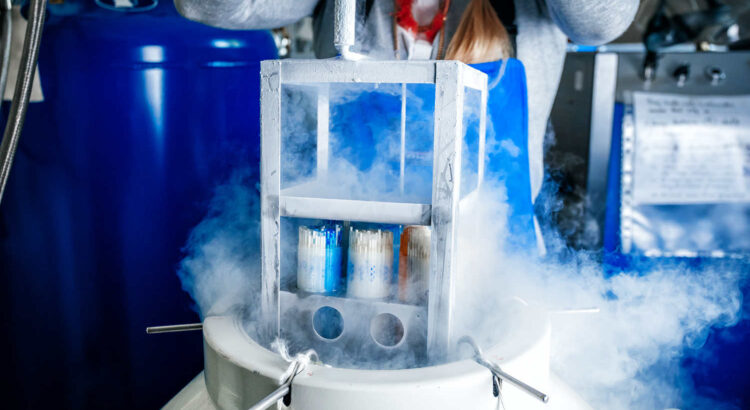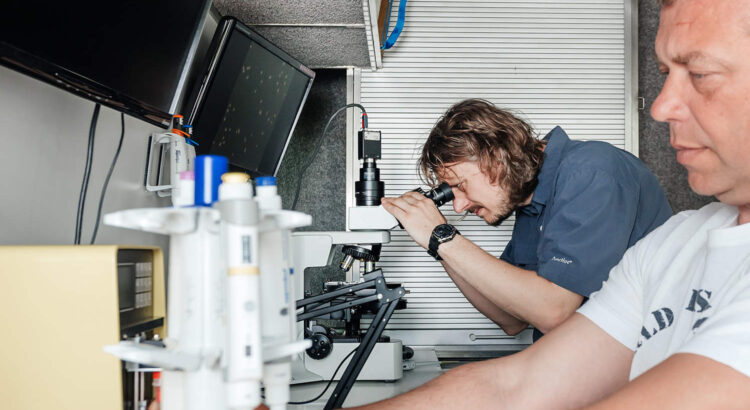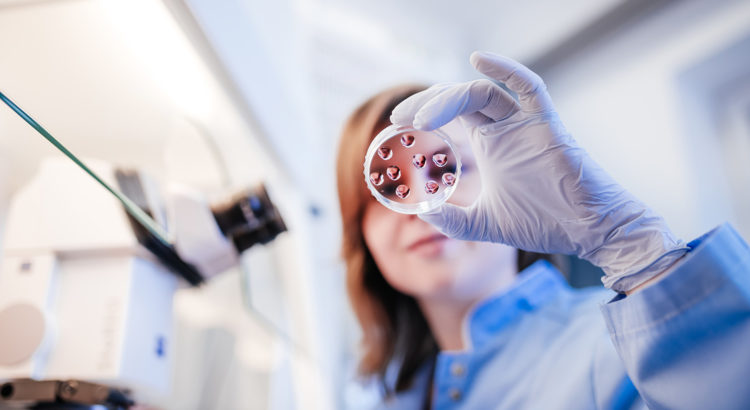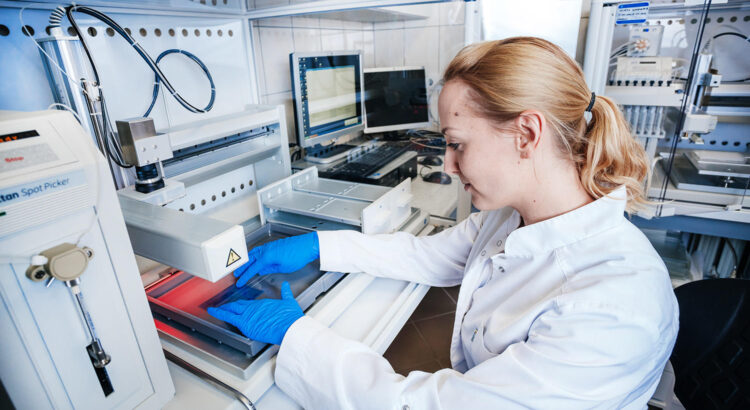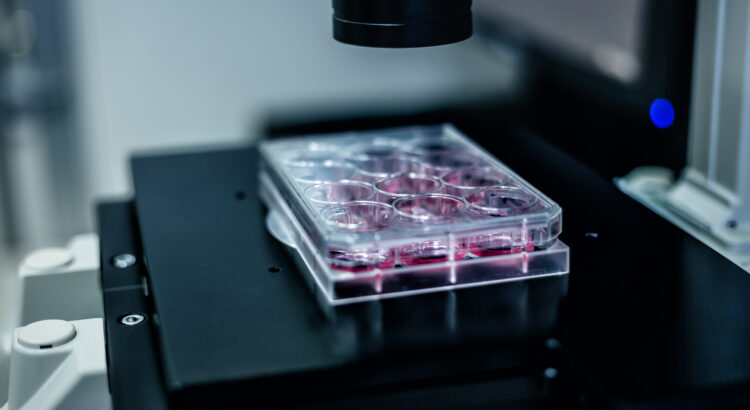The Institute of Animal Reproduction and Food Research of the Polish Academy of Sciences in Olsztyn undertakes to ensure the accessibility of its website in accordance with the provisions of the Act of 4 April 2019 on the digital accessibility of websites and mobile applications of public entities.
The accessibility declaration applies to the website https://pan.olsztyn.pl/
• Website publication date: March 20, 1996
• Date of last significant update: December 16, 2024
State of digital accessibility
The website is partially compliant with the annex to the Act of 4 April 2019 on the digital accessibility of websites and mobile applications of public entities due to incompatibilities or exclusions listed below.
Work is currently underway on a new website for the Institute, which will significantly improve accessibility for people with disabilities.
Unavailable content
- There are multimedia that are not adapted to the needs of hearing-impaired and deaf people as well as visually impaired and blind people;
- some of the published photos do not have an alternative description,
- most links do not have descriptions that would indicate the content that will be made available after clicking,
- interactive elements may be perceived as too small to be easily clicked on touchscreen devices,
- the contrast between text and background on the home page should be greater (text should be black, not grey).
Preparation of accessibility declaration
- Date of preparation of the declaration: March 17, 2025
- The declaration was prepared on the basis of a self-assessment conducted by a public entity.
Feedback and contact details
In case of problems with the accessibility of the website, please contact us. The person responsible is Maciej Cieślik, e-mail address: m.cieslik@pan.olsztyn.pl. The same way, you can submit requests for access to unavailable information and complaints about the lack of accessibility.
Everyone has the right to make a request to ensure the digital accessibility of a website or any of its elements. The request should include the data of the person making the request, an indication of which element of the website is in question and the method of contact. If the person making the request reports the need to receive information in an alternative form, they should also specify the form of this information.
The public entity should fulfill the request immediately and no later than within 7 days. If it is not possible to meet this deadline, the public entity shall immediately inform when it will be possible to fulfill the request, and this deadline cannot be longer than 2 months. If it is not possible to ensure accessibility, the public entity may propose an alternative way of accessing the information.
If an entity refuses to comply with a request to provide accessibility or alternative access to information, a complaint may be filed against such action.
After exhausting all possibilities, a complaint can also be sent to the Commissioner for Human Rights. http://www.rpo.gov.pl/.
Other information
Architectural accessibility
Headquarters address:
Institute of Animal Reproduction and Food Research of the Polish Academy of Sciences in Olsztyn
ul. Trylińskiego 18,
10-683 Olsztyn.
There are 3 entrances to the building, the main entrance and two side entrances. None of them have stairs. The main entrance is reserved for guests, and has doors that open automatically.
The reception desk is on the left side of the main entrance. The further passage is not secured by gates. The building is partially adapted for wheelchair users (the corridor is wide enough, but some passages are closed with fire doors that do not open automatically). Each floor can be reached by elevator. A toilet for disabled people is located on the ground floor, almost directly opposite the main entrance to the building, as well as one on each of the utility floors.
There are 6 parking spaces for disabled people in front of the building.
The building and all of its rooms are accessible with assistance dogs and guide dogs.
There are no induction loops in the Institute. It is possible to use the help of a sign language interpreter (Maciej Cieślik). There are no Braille signs in the building, nor are there any contrasting or large-print signs for the blind and visually impaired.
